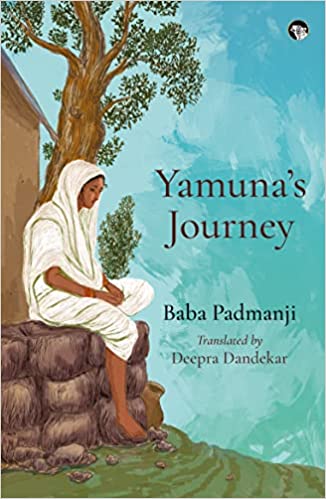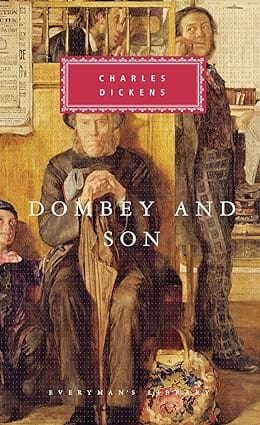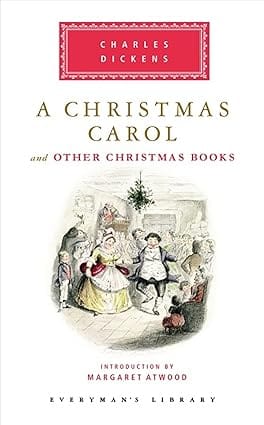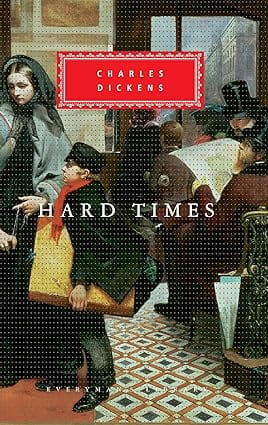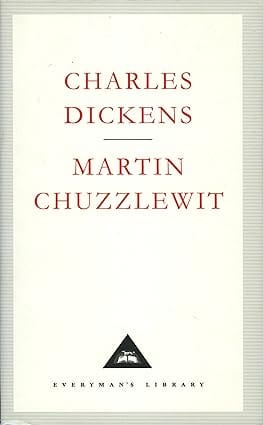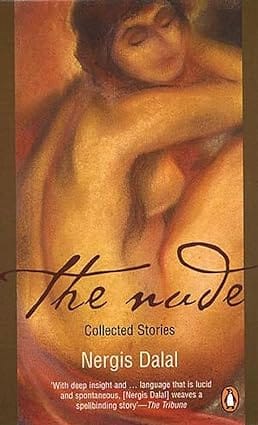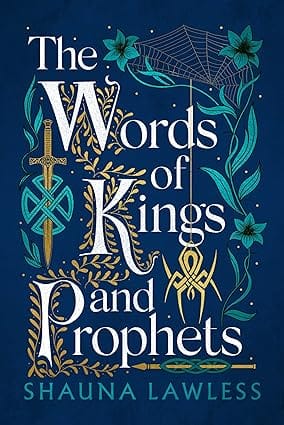- Contemporary Fiction
- Contemporary Fiction
- Children
- Children
- Comics & Graphic Novels
- Comics & Graphic Novels
- Non-Fiction
- Non-Fiction
- Fiction
- Fiction
Baba Padmanji’s 1857 Marathi novel Yamunaparyatan highlights the suffering of Hindu widows, forced into a life of loneliness and torture by their cruel Brahminical families. The heroine of the novel, Yamuna, starts off as a happily married woman, sharing a bond of mutual trust and respect with her husband. She travels with him across various regions of the Bombay Presidency and western India and her interactions with widows on the way reveal the extent of their suffering within Hindu patriarchal and Brahminical society. Yamuna sympathizes with them and calls for urgent reform, while advocating for widow remarriage.
When tragedy strikes and Yamuna is widowed, she too is tortured and stigmatized. But the feisty young woman manages to start a new chapter in life by converting to Christianity and remarrying a Christian man.
Yamuna’s Journey is the first English translation of Padmanji’s pathbreaking novel. In this engrossing and layered translation, Deepra Dandekar paints a poignant portrait of Indian women’s lives in the nineteenth century. It offers contemporary readers a timely, necessary glimpse of history.
About the Author
Baba Padmanji was born in 1831 in Belgaum. A firebrand pioneer of Christian feminist reform in 19th-century Western India, Padmanji hailed from an elite family that was non-Brahmin in terms of caste—the influential tvashta kasar caste of braziers. He converted to Christianity in 1854 and came into conflict with many intellectual Hindu reform groups in Bombay such as the Paramhans Mandali and the Prarthana Samaj. Padmanji married multiple times after his divorce from his first Hindu wife in 1857, which had a lasting impact on him. The author of over a hundred Marathi texts, he ran his own printing press (Victoria Press) in Bombay. Serving as an ordained pastor at the Free Church in Pune for some time after 1861, Padmanji retired as the head of the Bombay Vernacular Books Society, and as editor of numerous Christian journals from Western India. He passed away in August 1906 in Mumbai and lies buried at the Sewri Christian Cemetery.
Deepra Dandekar is a researcher at the Leibniz-Zentrum Moderner Orient, Berlin. She is the author of Baba Padmanji: Vernacular Christianity in Colonial India, the first critical biography of Baba Padmanji in English. She can be contacted at Deepra. [email protected]
Yamunas Journey
SIZE GUIDE
- ISBN: 9789354473593
- Author: Baba Padmanji
- Publisher: Speaking Tiger
- Pages: 216
- Format: Paperback
Book Description
Baba Padmanji’s 1857 Marathi novel Yamunaparyatan highlights the suffering of Hindu widows, forced into a life of loneliness and torture by their cruel Brahminical families. The heroine of the novel, Yamuna, starts off as a happily married woman, sharing a bond of mutual trust and respect with her husband. She travels with him across various regions of the Bombay Presidency and western India and her interactions with widows on the way reveal the extent of their suffering within Hindu patriarchal and Brahminical society. Yamuna sympathizes with them and calls for urgent reform, while advocating for widow remarriage.
When tragedy strikes and Yamuna is widowed, she too is tortured and stigmatized. But the feisty young woman manages to start a new chapter in life by converting to Christianity and remarrying a Christian man.
Yamuna’s Journey is the first English translation of Padmanji’s pathbreaking novel. In this engrossing and layered translation, Deepra Dandekar paints a poignant portrait of Indian women’s lives in the nineteenth century. It offers contemporary readers a timely, necessary glimpse of history.
About the Author
Baba Padmanji was born in 1831 in Belgaum. A firebrand pioneer of Christian feminist reform in 19th-century Western India, Padmanji hailed from an elite family that was non-Brahmin in terms of caste—the influential tvashta kasar caste of braziers. He converted to Christianity in 1854 and came into conflict with many intellectual Hindu reform groups in Bombay such as the Paramhans Mandali and the Prarthana Samaj. Padmanji married multiple times after his divorce from his first Hindu wife in 1857, which had a lasting impact on him. The author of over a hundred Marathi texts, he ran his own printing press (Victoria Press) in Bombay. Serving as an ordained pastor at the Free Church in Pune for some time after 1861, Padmanji retired as the head of the Bombay Vernacular Books Society, and as editor of numerous Christian journals from Western India. He passed away in August 1906 in Mumbai and lies buried at the Sewri Christian Cemetery.
Deepra Dandekar is a researcher at the Leibniz-Zentrum Moderner Orient, Berlin. She is the author of Baba Padmanji: Vernacular Christianity in Colonial India, the first critical biography of Baba Padmanji in English. She can be contacted at Deepra. [email protected]
User reviews
NEWSLETTER
Subscribe to get Email Updates!
Thanks for subscribing.
Your response has been recorded.

India's Iconic & Independent Book Store offering a vast selection of books across a variety of genres Since 1978.
"We Believe In The Power of Books" Our mission is to make books accessible to everyone, and to cultivate a culture of reading and learning. We strive to provide a wide range of books, from classic literature, sci-fi and fantasy, to graphic novels, biographies and self-help books, so that everyone can find something to read.
Whether you’re looking for your next great read, a gift for someone special, or just browsing, Midland is here to make your book-buying experience easy and enjoyable.
We are shipping pan India and across the world.
For Bulk Order / Corporate Gifting
 +91 9818282497 |
+91 9818282497 |  [email protected]
[email protected]
Click To Know More
INFORMATION
ACCOUNT
ADDRESS
Shop No.20, Aurobindo Palace Market, Near Church, New Delhi

